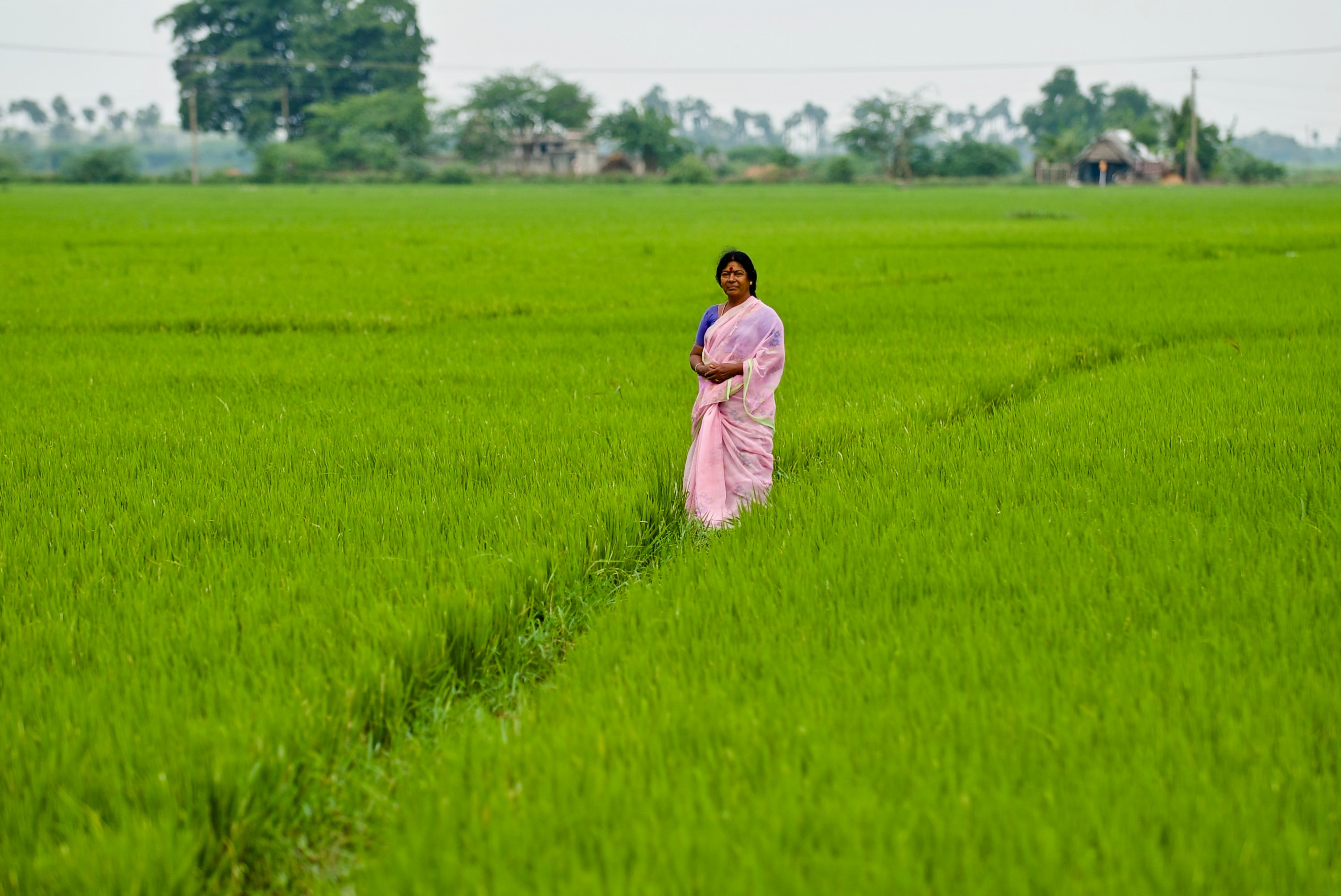The 4th India Land and Development Conference, set to start next week, invites a wide variety of individuals and institutions to engage in thought-provoking and interdisciplinary conversations and analyses. More specifically, the Conference's theme Institutions, Innovations and Informations in Land Governance invites us all to think about the role that information sharing can play in helping to ensure effective land governance. It is with this in mind, that we had the chance to speak with Pranab Chouhury, one of the Conference organizers, in order to gather some pre-conference perspectives and food for thought.
Pranab is a practicing researcher and consultant in the areas of natural resources management and governance with about two decades of experience. Below are his perspectives on the upcoming Conference, as well as key issues which the Conference will cover.
1) Would you be able to give us some logistical information about the upcoming ILDC Conference?
ILDC2020 expects to have about 40 partner institutions including University of Cambridge, UK, Hertfordshire Law School, IIM Ahmedabad, NCAER, Azim Premji University, TERI, RICS, TISS among academia; CPR-Land Rights Initiative, Foundation for Ecological Security, Housing & Land Rights Network, , Land Forum, The Nature Conservancy, UNWomen-India, WGWLO, WRI-India etc. among NGOs; ICRISAT, Global Land Alliance, Landesa, Cadasta Foundation, Land Portal and Thomson Reuters Foundation among global organization.
There will be enriching and interdisciplinary land-conversations in more than 30 sessions, two conclaves around SDGs (SDG 2 and SDG 5a), a common’s day (on the 3rd of March), two plenaries with key notes, 6 master classes and release of a State of Land in India Report, 2020. There will be pre-conference events with GeoSpatial Media Actors on the 1st March and also a post conference event with Private Sector around Land Responsible Investment on 5th March.
Twitter : @IndiaLandConf. #ILDC2020
2) Some of the main themes of the Conference and some of the main discussions that will take place?
3) Why is there a need for such a Conference at the moment?
India boasts historically-evolved, legally-pluralistic, content-rich and digitally-enabled land administration system, unparalleled in the world for its size and diversity. While land matters to all and is increasingly being competed for and contested; engagements around land administration, research and advocacy have traditionally remained siloed, sectoral, scattered and often ad hoc and reactive. Of late, there is a growing realisation of the need for changed engagement. The business as usual approach of dealing with land by state and non-state actors are increasingly failing. In this situation, ILDC is a pro-active attempt to bring actors from Sarkar (Government), Samaj (Civil Society) and Bazaar (Private Sector and Market), working around and at the interface of land and development, together and help them interact in an open and inclusive platform. The objective is to promote inter-sectoral, inter-disciplinary and multi-level conversations on land and development to further, intensify and change land conversations, catalyse cross-learning and amplify innovations.


